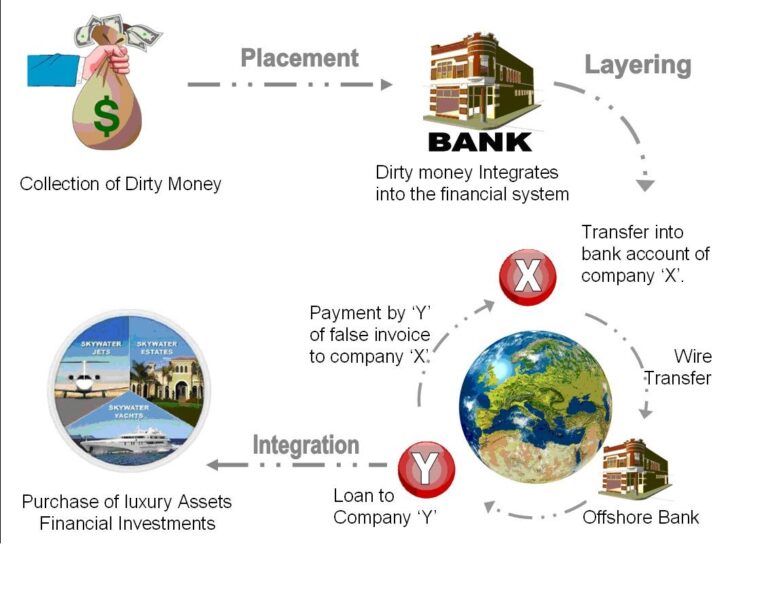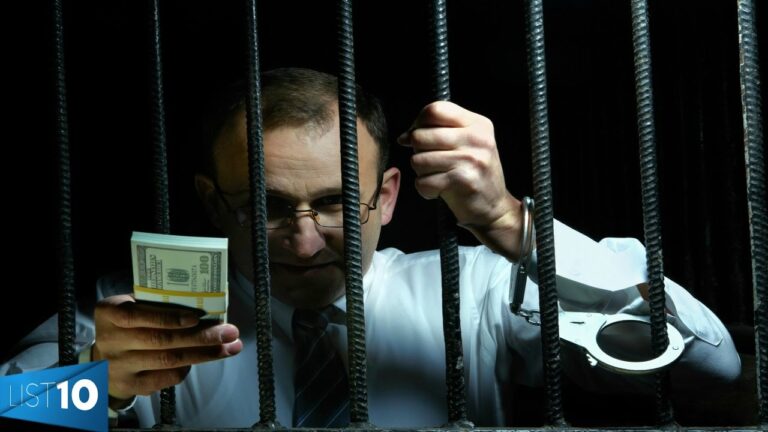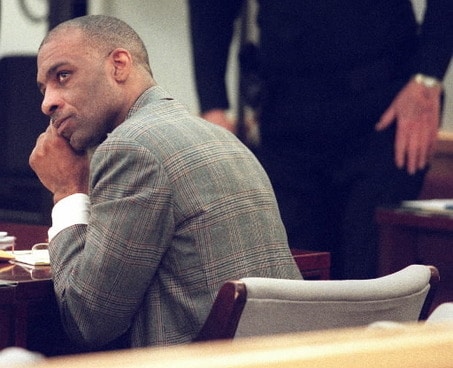Attorney Admits Guilt in Hiding Millions for Convicted Fraudsters
A South Carolina attorney has admitted to playing a role in concealing funds tied to a massive California-based fraud…
A South Carolina attorney has admitted to playing a role in concealing funds tied to a massive California-based fraud…
Former Senior Alstom Executive Sentenced to Prison for Role in Money Laundering Scheme to Promote Foreign Bribery A former…

Parker Man Pleads Guilty to Money Laundering in Connection with Stock Trading Scheme DENVER – Corey Earl Engelen, age…

Louisville Attorney Sentenced To 48 Months In Federal Prison For Money Laundering Scheme And Defrauding Estates Of More Than…

Inmate Sentenced for Operating a Fake Jury Duty Money Laundering Scheme from Georgia State Prison ATLANTA – Autry State…